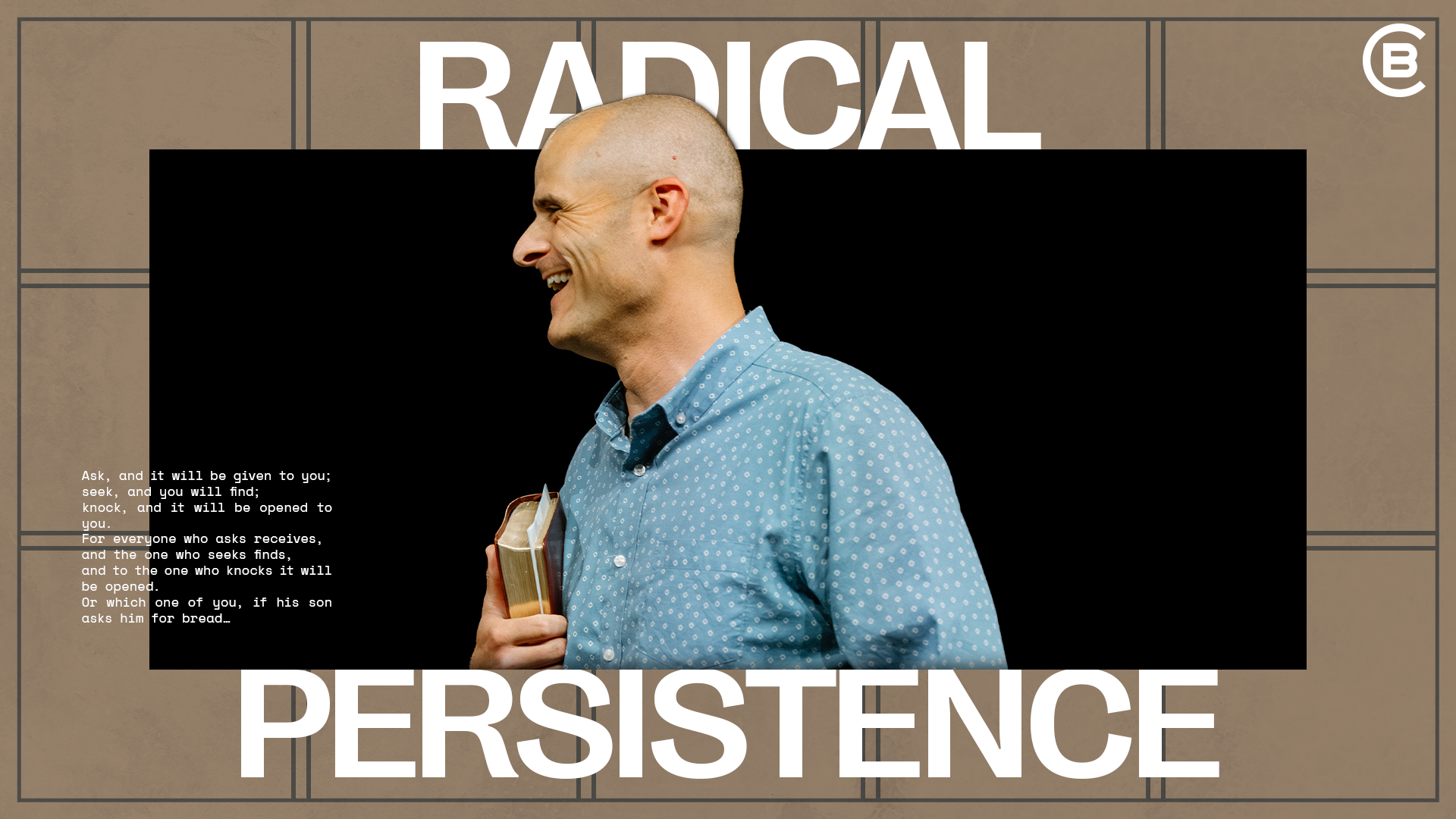Radical Judgment
Sermon Notes
Judging others is easy. Seeing ourselves clearly? That’s hard. In this week’s Radical message, Josh Fortney walks through Matthew 7:1–6, where Jesus teaches us how to judge with humility, mercy, and wisdom.
Jesus doesn’t tell us to stop using discernment. He calls us to check our motives, confront our own sin, and restore others gently. True judgment doesn’t condemn — it helps people see clearly.
Whether you tend to be overly critical or overly cautious, this message shows how followers of Jesus can balance truth and grace in relationships that reflect His heart.
Key Takeaways
Healthy judgment starts with honest self-reflection.
Jesus calls us to address sin, not to ignore it, but always with humility and grace.
Before correcting others, we must allow God to deal with the “logs” in our own eyes.
Discernment requires love, not arrogance.
Not every argument or issue is worth fighting over. Sometimes wisdom means walking away.
Discussion Questions
When are you most tempted to judge others harshly?
How can you practice self-examination before correction?
Who in your life has modeled humble, loving correction well?
How can you balance truth and grace when addressing sin?
When should you speak truth boldly, and when should you stay silent in wisdom?
Transcript
We’ve all done it. We assume the worst about someone before we even know them. We fill in their motives, their story, their flaws. That’s exactly what happened to me on vacation. I saw a guy with dreads, loud and different from me, and I made a dozen silent judgments before ever saying hello. Turns out, he was from McKinney, loved Jesus, and was raising his kids to follow Him. I was the one who needed grace.
Jesus knew this tendency well; the way we measure others by a standard we wouldn’t survive ourselves. That’s what Matthew 7:1–6 is all about.
Check Yourself (vv. 1–2)
“Judge not, that you be not judged.” These are some of the most quoted — and misunderstood — words of Jesus. He isn’t telling us to ignore sin or stop using discernment. He’s warning us about a condemning spirit.
The Greek word krino can mean both “to discern” and “to condemn.” Jesus isn’t saying never to judge. He’s saying don’t condemn others as if you were God.
The measure you use will be measured back to you. So if we want mercy from God, we should extend mercy to others. That’s what sets the people of Jesus apart — grace in our judgments.
Before You Wreck Yourself (vv. 3–5)
Jesus paints a ridiculous picture: a man with a log in his eye trying to remove a speck from his brother’s. It’s meant to make us laugh and think. The problem isn’t that we notice others’ faults. It’s that we notice them first and most. Jesus calls it hypocrisy when we try to fix others before letting God fix us.
David learned this in 2 Samuel 12 when Nathan told him a parable about injustice,and then said, “You are the man.” We’re quick to condemn what we ourselves are guilty of. Jesus’ cure is humility. Let God search your heart first. When He’s done His work in you, you’ll see clearly enough to help your brother, not harm him.
Not Every Hill Is Worth Dying On (v. 6)
“Do not give dogs what is holy, and do not throw your pearls before pigs.”
It’s a call for discernment. Not everyone is ready to hear the truth, and not every argument is worth your energy. Jesus knew when to speak and when to stay silent. So should we. This isn’t about writing people off. It’s about recognizing when hearts are hardened and prayer is the wiser path. Truth shared without love becomes noise. Truth shared without timing becomes wasted.
Living with Humility and Mercy
Jesus ends this teaching with a subtle but radical invitation: to live differently from the world. To see others through mercy, not comparison. When we remember how much we’ve been forgiven, it changes how we see everyone else. We don’t lower the standard of truth; we raise the standard of love.
This is what it means to follow Jesus in relationships: to judge rightly, humbly, and always with the goal of restoration, not condemnation.
Because when grace shapes your judgment, the world sees the heart of the One who saved you.
















